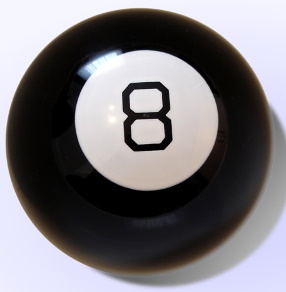You Don’t Want The Viva
Regular readers of the blog might know I am a huge fan of Seth Godin. I’m re-reading his most recent book, This Is Marketing, and I wanted to share a passage I’ve been thinking about for a while now:
Harvard marketing professor Theodore Levitt famously said, “People don’t want to buy a quarter-inch drill bit. They want a quarter-inch hole.”
The lesson is that the drill bit is merely a feature, a means to an end, but what people really want is the hole it makes.
But that doesn’t go nearly far enough. No one wants a hole.
What people want is the shelf that will go on the wall once they drill the hole.
Actually, what they want is how they’ll feel once they see how uncluttered everything is, when they put their stuff on the shelf that went on the wall, now that there’s a quarter-inch hole.
But wait…
They also want the satisfaction of knowing they did it themselves.
Or perhaps the increase in status they’ll get when their spouse admires their work.
Or the peace of mind that comes from knowing that the bedroom isn’t a mess, and that it feels safe and clean.
So: you need a viva, but you don’t want it.
You want what the viva will lead to – passing your PhD. But who just wants a PhD? The three letters don’t mean a lot by themselves: what do you want them for? A job in academia? An increase in status? Pride in something accomplished?
When we stop seeing the viva as the end, but a step – a means to an end maybe – then perhaps we can see it for what it is. A practical thing, not a mystical or terrible or unknowable thing. A necessary step and one that can be prepared for. It leads to something even more important and better.
You don’t want your viva – but since you’re going to have it anyway, why not aim to make it the best you can?
